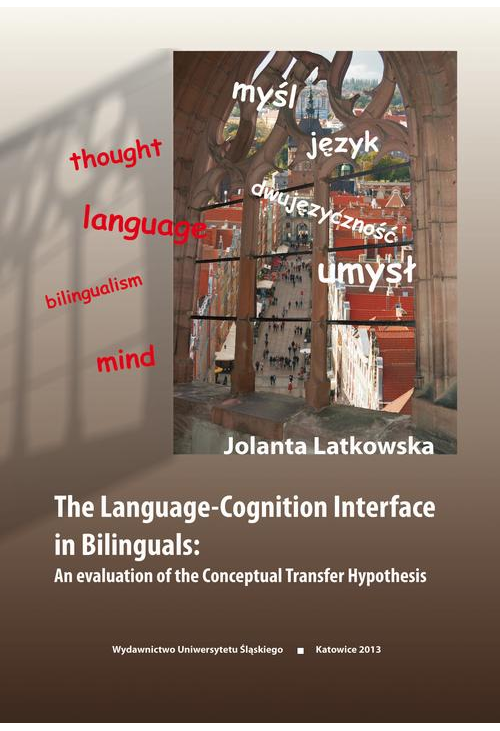
- -11%
ebook The Language-Cognition Interface in Bilinguals: An evaluation of the Conceptual Transfer Hypothesis
Odkryj fascynujący świat dwujęzyczności i interakcji języka z ludzkim umysłem w książce "The Language-Cognition Interface in Bilinguals: An evaluation of the Conceptual Transfer Hypothesis" autorstwa Jolanty Latkowskiej. Opublikowana przez Wydawnictwo Uniwersytetu Śląskiego w 2013 roku, ta cenna publikacja skierowana jest do studentów i pracowników naukowych filologii obcych poszukujących głębszej analizy zależności między umysłowością a językiem w kontekście dwujęzyczności.
Książka przedstawia przegląd współczesnych teorii dotyczących budowy słownika umysłowego osób dwujęzycznych oraz relacji pomiędzy myślą a językiem, z punktem odniesienia w hipotezie transferu konceptualnego Anety Pavlenko i Scotta Jarvisa. Dzięki temu czytelnicy mogą zdobyć solidne podstawy teoretyczne oraz zapoznać się z wynikami badań przeprowadzonych w krajowych i zagranicznych ośrodkach badawczych.
Szczególnie interesująca jest część badawcza, która prezentuje wyniki badań nad dwujęzycznością studentów filologii angielskiej w Polsce oraz polskich emigrantów w Wielkiej Brytanii i Irlandii. Badania te, przeprowadzone w latach 2008-2010, pozwalają na ocenę zasadności hipotezy transferu konceptualnego oraz porównanie efektywności uczenia się języka drugiego (obcego) w warunkach szkolnych i naturalnych.
Wydanie elektroniczne tej książki zawiera poprawki z erraty, co czyni je kompletnym i dokładnym źródłem informacji na temat interakcji języka i umysłu w kontekście dwujęzyczności. "The Language-Cognition Interface in Bilinguals" to obowiązkowa lektura dla każdego, kto chce zgłębić tajniki ludzkiego mózgu i języka w świecie dwujęzyczności.
Jeśli interesują Cię najlepsze ebooki, poszukujesz publikacji cyfrowych lub chcesz pobrać e-booka z literaturą piękną, koniecznie zapoznaj się z tą książką. W sklepie z ebookami znajdziesz wiele pozycji w formacie PDF, w tym "The Language-Cognition Interface in Bilinguals", której czytanie otworzy przed Tobą nowe horyzonty w dziedzinie psycholingwistyki.
Nie przegap tej wyjątkowej okazji do zdobycia wiedzy na temat złożonych relacji między językiem a umysłowością. Kup e-booka i rozpocznij swoją przygodę z dwujęzycznością już dziś!
Spis treści ebooka The Language-Cognition Interface in Bilinguals: An evaluation of the Conceptual Transfer Hypothesis
Table of сontentsAcknowledgements / 9
Introduction / 11
1. The architecture of the bilingual mental lexicon / 15
1.1. The Hierarchical Model of Bilingual Memory / 15
1.1.1. Unity of the semantic and conceptual levels / 17
1.1.2. Separation of semantic and conceptual representations / 19
1.2. The concept of concept / 21
1.2.1. Feature listings / 22
1.2.2. Prototypes / 23
1.2.3. Frames / 26
1.2.4. Conceptual metaphor and image schemas / 27
1.2.5. Grounded cognition / 30
1.3. Lexical(ized) concepts / 31
1.4. Analysing lexicalized concepts: Natural Semantic Metalanguage / 36
1.4.1. Semantic explications / 39
1.4.2. Semantic molecules / 40
1.4.3. Neo-Whorfianism, Wierzbicka style / 41
1.5. Language-mediated processes in the bilingual lexicon / 42
1.5.1. Lexical and semantic transfer / 42
1.5.2. Conceptual transfer / 45
1.5.2.1. Linguistic relativity / 45
1.5.2.2. The Conceptual Transfer Hypothesis / 47
1.6. Conclusion / 47
2. Linguistic relativity / 49
2.1. The Sapir-Whorf Hypothesis: Perspectives from research design / 49
2.1.1. The domain-specific approach / 50
2.1.2. The structure-centred approach / 55
2.1.3. The bilingual perspective / 57
2.2. The Thinking for Speaking Hypothesis / 62
2.2.1. Background to the Thinking for Speaking Hypothesis: Talmy’s typology of motion verbs / 63
2.2.2. Critique of Talmy / 65
2.2.3. Directed motion in Polish / 67
2.2.4. The Whorfian dimension of Thinking for Speaking / 71
2.2.5. Thinking for Speaking effects in gestural communication / 74
2.2.6. Bilingual research / 75
2.3. Conceptualization via event construal: The von Stutterheim paradigm / 79
2.3.1. Processes of conceptualization / 80
2.3.2. Evidence from Slavic languages / 85
2.3.3. Conceptualization in bilinguals and second/foreign language learners / 87
2.4. Linguistic relativity: General perspective / 90
2.5. Conclusion / 98
3. The Conceptual Transfer Hypothesis / 100
3.1. Assessing the scope of the phenomenon / 101
3.2. Issues in investigating the linguistic/non-linguistic interface / 102
3.3. Methodological concerns / 105
3.4. The linguistic dimension / 110
3.5. Conclusion / 114
4. Study 1: Investigating semantic and conceptual categorization in the domain of interpersonal relationships in Polish and English / 115
4.1. Naming interpersonal relationships in Polish and English / 117
4.2. Study 1a / 121
4.2.1. Research questions / 122
4.2.2. Participants / 122
4.2.3. Materials / 124
4.2.4. Procedure / 130
4.2.5. Analysis / 131
4.2.6. Results / 132
4.2.6.1. Intra-group variables / 154
4.2.6.2. Category core features / 158
4.2.7. Discussion and summary of findings / 160
4.2.7.1. Bilingual categorization patterns in the L2 / 160
4.2.7.2. Bilingual categorization patterns in the L1 / 162
4.2.7.3. The processes at work in the bilingual lexicon / 163
4.2.7.4. The L2 and L1 in natural and formal learning contexts / 165
4.2.7.5. Factors influencing naming patterns in bilinguals / 167
4.2.7.6. On the application of Natural Semantic Metalanguage and linguistic analyses in research into semantic and conceptual levels / 169
4.3. Study 1b / 172
4.3.1. Research objectives / 172
4.3.2. Participants / 173
4.3.3. Materials / 173
4.3.4. Procedure / 174
4.3.5. Analysis / 175
4.3.6. Results and discussion / 175
4.3.7. Conclusion / 180
5. Study 2: Conceptualization in event construal. The case of Polish‑English bilinguals / 181
5.1. Study 2a / 183
5.1.1. Selection / 183
5.1.2. Research objectives / 184
5.1.3. Participants / 185
5.1.4. Materials / 186
5.1.5. Procedure / 187
5.1.6. Analysis / 187
5.1.7. Results / 189
5.1.8. Discussion / 200
5.1.8.1. Selection: A cross-linguistic analysis / 201
5.1.8.2. The setting of L2 learning and use / 202
5.1.8.3. The influence of individual background variables / 203
5.1.8.4. Implications for conceptualization processes / 204
5.1.9. Conclusion / 204
5.2. Study 2b / 205
5.2.1. Segmentation / 205
5.2.2. Structuring / 206
5.2.3. Research objectives / 208
5.2.4. Materials and procedure / 208
5.2.5. Analysis / 209
5.2.5.1. Segmentation units / 209
5.2.5.2. The event/state distinction / 210
5.2.5.3. Temporal structuring / 211
5.2.5.4. Statistical analysis / 212
5.2.6. Results / 212
5.2.7. Discussion / 232
5.2.7.1. Event segmentation: A cross-linguistic perspective / 232
5.2.7.2. Temporal structuring in Polish and English / 233
5.2.7.3. The setting of L2 learning and use / 234
5.2.7.4. The influence of individual background variables / 236
5.2.7.5. Implications for conceptualization processes / 237
5.2.8. Conclusion / 238
6. Concluding remarks / 240
6.1. Theoretical issues and suggestions for future research / 240
6.2. Practical implications of Studies 1 and 2 / 243
6.3. Evaluation of the research / 246
Appendix / 248
Bibliography / 259
Index / 279
Streszczenie / 281
Zusammenfassung / 282
Szczegóły ebooka The Language-Cognition Interface in Bilinguals: An evaluation of the Conceptual Transfer Hypothesis
- Wydawca:
- Wydawnictwo Uniwersytetu Śląskiego
- Rok wydania:
- 2013
- Typ publikacji:
- Ebook
- Język:
- angielski
- Format:
- Liczba stron:
- 286
- Miejsce wydania:
- Katowice
Recenzje ebooka The Language-Cognition Interface in Bilinguals: An evaluation of the Conceptual Transfer Hypothesis
-
Reviews (0)

Na jakich urządzeniach mogę czytać ebooki?
- -11%


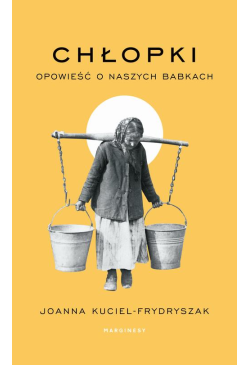

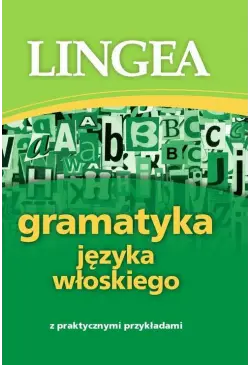

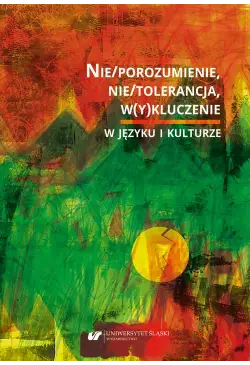
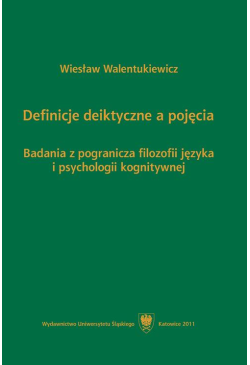
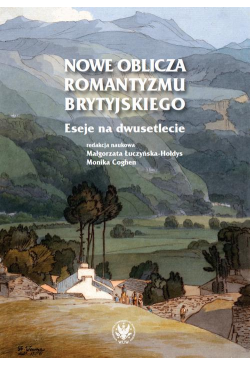
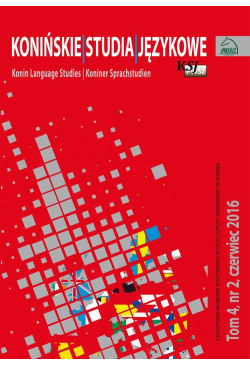
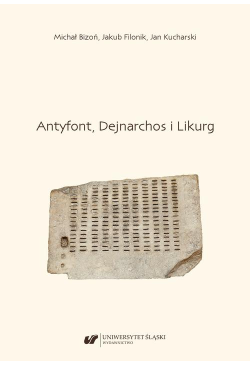
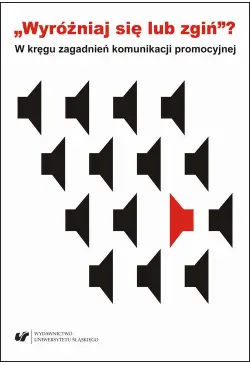
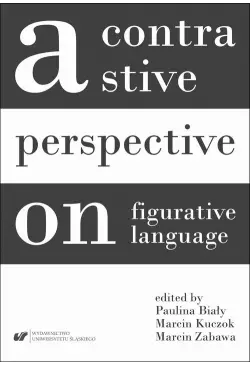
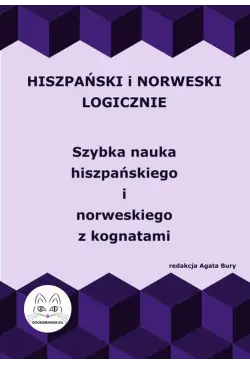

@CUSTOMER_NAME@
@COMMENT_TITLE@
@COMMENT_COMMENT@